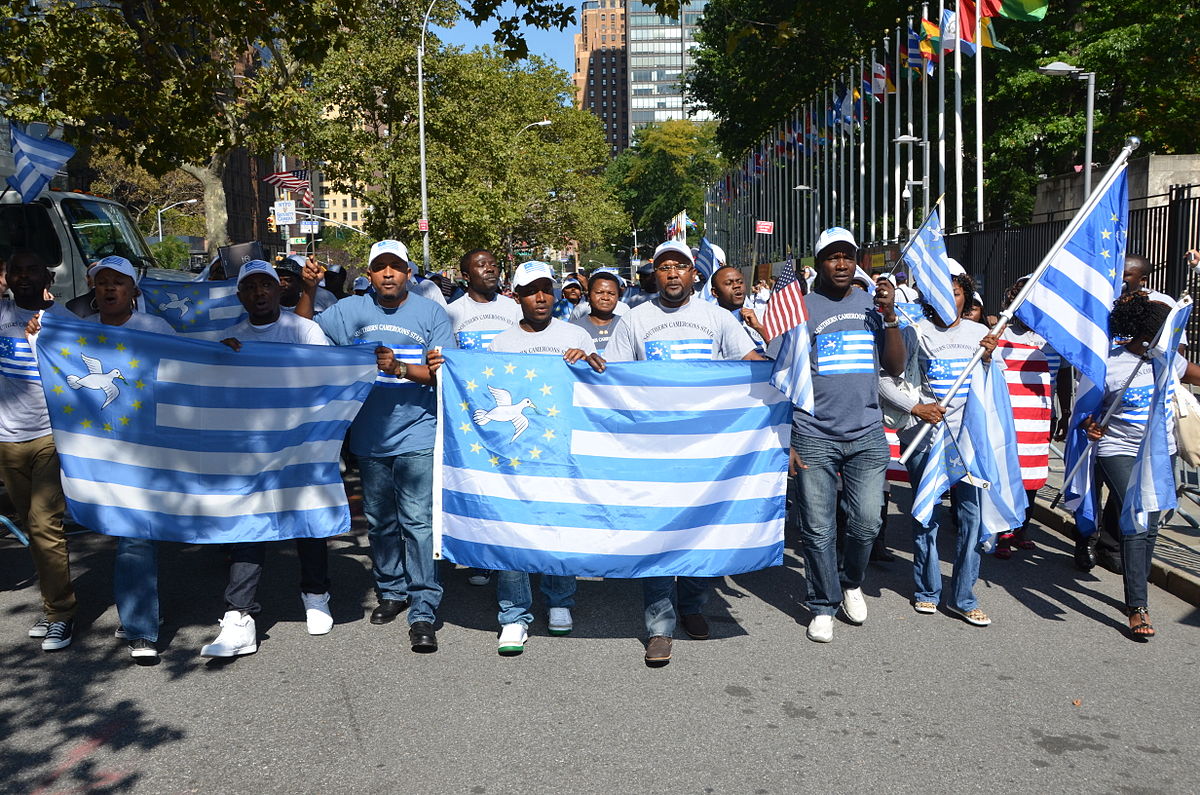Date first published: 02/03/2021
Key sectors: all
Key risks: internal conflict; political violence; political instability; economic risks
Risk development
Following the December 2020 regional elections, violence in the ongoing conflict between government forces and Anglophone separatists in Northwest and Southwest regions has intensified significantly. January 2021 was one of the deadliest months since the conflict began in 2017. As separatists have stepped up attacks on government forces and civilians, security forces have escalated punitive and indiscriminate raids across Anglophone communities. A mostly new trend characterising the renewal of violence is the increasingly frequent use of improvised explosive devices (IEDs).
Why it matters
A newly inflamed conflict risks aggravating the country’s growing humanitarian crisis. Further damage to regional transport infrastructure is possible, which together with increased roadblocks by both government and separatist forces could severely limit access to essential services and supplies. As security resources are diverted to deal with the renewed crisis, other security concerns, including a recent spike in piracy activity off Cameroon’s coast and the Boko Haram insurgency in the north, may suffer from less attention. Reputational damage affecting President Paul Biya may increase amid growing international concern over recent human rights abuses. This could hurt foreign investment at time when the economic fallout of pandemic is still ravaging the region, further raising Cameroon’s high risk of external debt distress.
Background
The reignition of violent separatist activity is widely attributed to the country’s first ever-regional elections held on 11 December 2020. The polls were a purported concession to Cameroon’s English-speaking population made by President Biya during a national dialogue in 2019 that was boycotted by separatist leaders. Rather than bringing promised de-escalation to the Anglophone conflict through assurances of greater devolution of power, the elections instead provided a catalyst for violence by separatists who rejected the vote and continued to demand the creation of an independent Anglophone ‘Amabazonian’ state over promises of increased autonomy which may never materialise. Nonetheless, a landslide victory by the ruling Cameroon People’s Democratic Movement signalled to separatist rebels that President Biya firmly retains his grip on power and his anti-secessionist agenda would therefore remain prominent in any potential dialogue.
Increased violence came to a peak in January as separatists actively sought to disrupt Cameroon’s hosting of the African Nations Football Championship between 16 January and 7 February, which nonetheless avoided most of January’s incidents. Anger surrounding the tournament primarily stemmed from the hosting of matches in Southwest’s Limbe, which Anglophone activists consider to be their territory.
Risk outlook
Recent pressure by the EU and Vatican to bring the government back to the negotiating table has largely failed as President Biya continues to favour a military response to the crisis. With separatist leaders recently reaffirming their refusal to back down over independence and their right to self-defence, the newly aggravated pattern of retaliatory violence is unlikely to diminish in the near future. Recent atrocities reported by both sides, including the 10 January massacre of nine civilians by government troops in Maoutu, Southwest, and the increasing use of IEDs by separatists, such as in an attack on convoy in Momo, Northwest, on 6 January, risk spiraling the conflict into a protracted phase of intensification that threatens to further destabilise the Anglophone regions. Attacks on civilian and government targets are highly likely to continue, and thousands more could be displaced internally and externally to neighbouring Nigeria.



